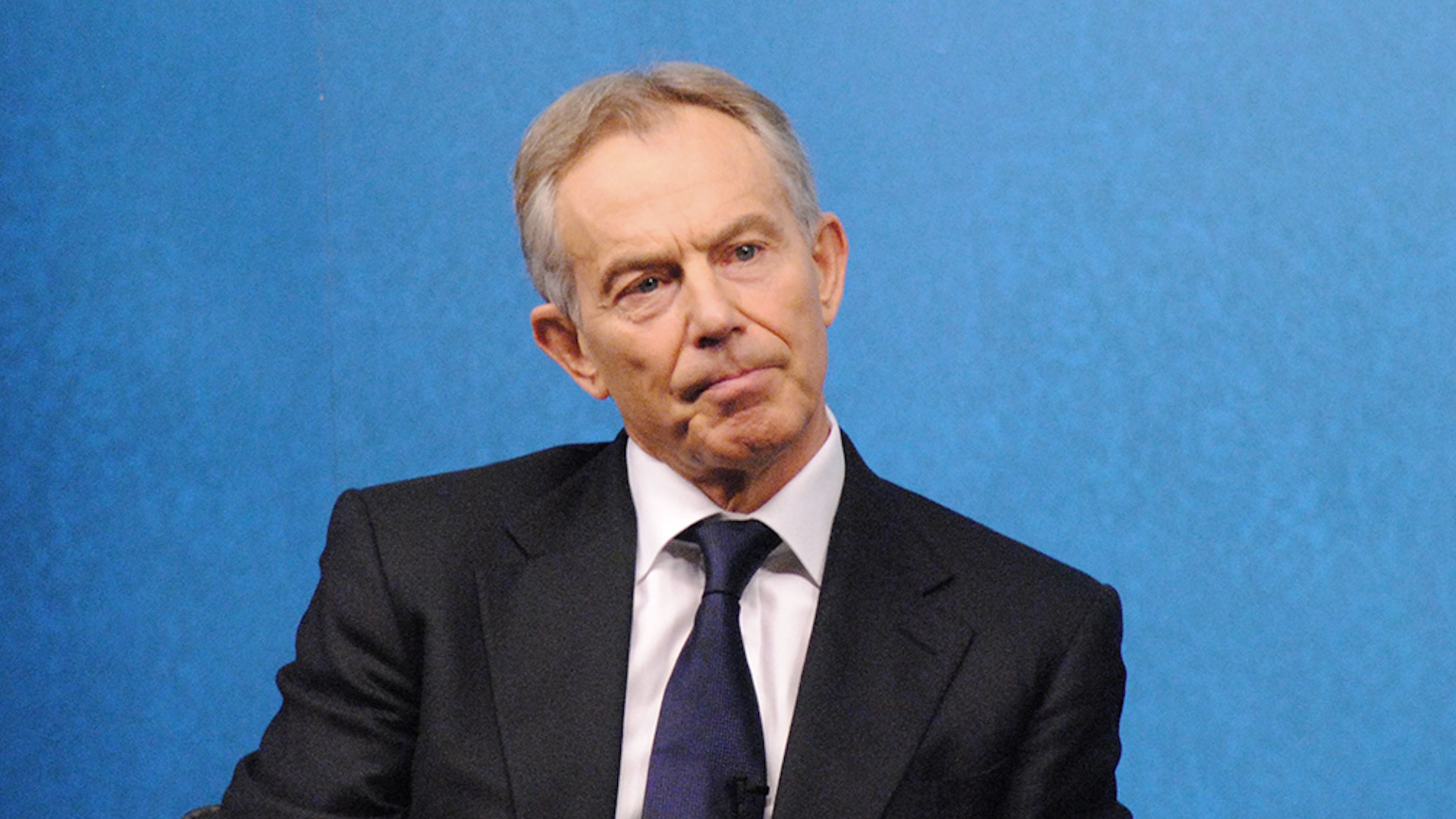In the course of a parliament that was littered with authoritarian threats, victories for human rights and civil liberties were not easy to come by. But earlier this year a coalition of human rights organisations and groups representing disabled people, the elderly and some of the most vulnerable in our society, including the Big Issue Group, roundly defeated the previous government over proposals to scan the nation’s bank accounts under the premise of tackling fraud and error in the welfare system.
These proposals, which would have hit many vulnerable groups the hardest, should be buried for good. Yet, in a recent interview, former prime minister Tony Blair has championed the potential of AI to revolutionise government operations, suggesting that 40% of tasks in the Department for Work and Pensions (DWP) could be automated in proposals that sound disconcertingly reminiscent of those that were previously scrapped.
There is a very real danger that AI systems, those akin to the previous government’s proposed welfare bank spying powers, could facilitate mass surveillance, leading to intrusive scrutiny of people’s lives. The right to privacy and the dignity of those in the welfare system cannot be sacrificed on the altar of supposed efficiency.
- How AI might accelerate the onset of a universal basic income
- DWP ramps up AI use to ‘bring the future to the welfare system’ and push people into work
Blair’s comments reveal a concerning oversimplification of what AI could – and should – be used for when it comes to the delivery of the core functions of the state. Reducing government to mere processes risks overlooking the human element that is central to public service.
It’s not just about ticking boxes or speeding up tasks – it’s about understanding and addressing the complex needs of real people. The dangers of using AI at scale are even more alarming in high-risk environments like the welfare system, where mistakes can determine whether claimants can afford to feed themselves, heat their houses, or pay for essential medication.
Blindly embracing AI is dangerous, particularly when we consider the track record of automated systems in similar contexts. The systems used in the course of the Horizon scandal led to wrongful accusations against postmasters, many of whom were financially ruined and criminalised. A recent investigation found that 200,000 people have been wrongfully investigated for housing benefit fraud and error, all because of poor algorithmic judgment.









